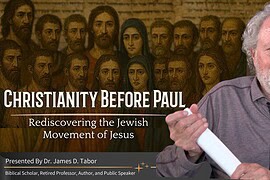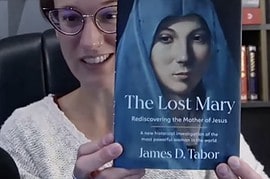In this 2015 lecture I talk about the ways in which dualistic forms of thinking about the cosmos, often referred to as “Enochian” in their Jewish forms, and “Gnostic” in the wider Hellenistic world, basically took over the Western world and fundamentally transformed Judaism, Christianity, and Islam into religions of “cosmic salvation,” rather than ethical transformation of this world–what Judaism calls Tikun Ha-‘Olam.
My University of Chicago teacher, Jonathan Z. Smith, characterized this as a shift from the “locative” view of human place, vs. the “utopian,” in which a heavenly world beyond became the focus. His classic essay in the Encyclopedia Britannica on “Hellenistic Religion” offers quite an amazing overview of the core idea. [1]Smith, J. Z.. “Hellenistic religion.” Encyclopedia Britannica, April 27, 2017.. This video has proven to be enormously popular, with many loving it and others viewing the shift as anything from “bad,” which is my own characterization. For many this sort of dualism is the very “definition” of what religion is all about–so thoroughly has dualism triumphed worldwide. The focus of the Hebrew Bible on “this world,” in contrast to an imagined “world beyond” has become a unique perspective–one that many forms of Judaism has largely lost or rejected.
In one of my earliest published articles I offered some personal reflections in this matter in the Journal of Reform Judaism, titled “Reflections on the Hebrew Bible and the New Testament,” with a response from Michael Signer.









Comments are closed.